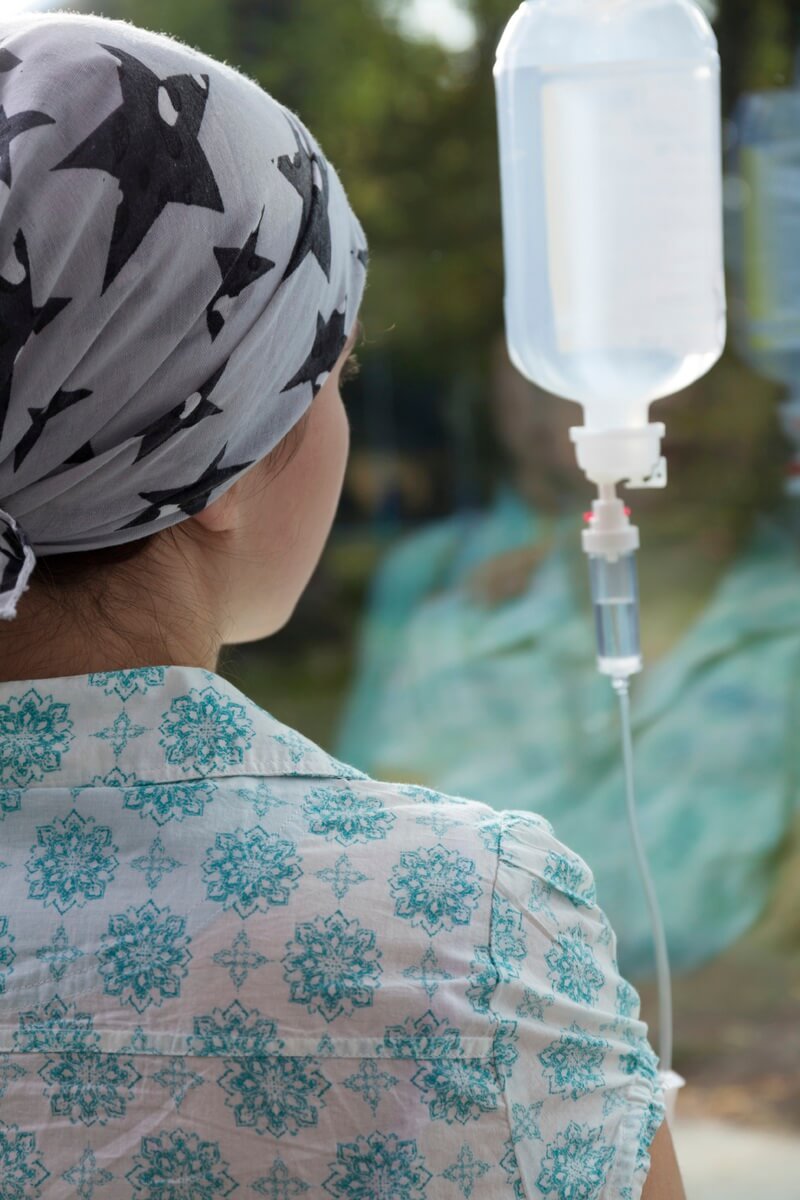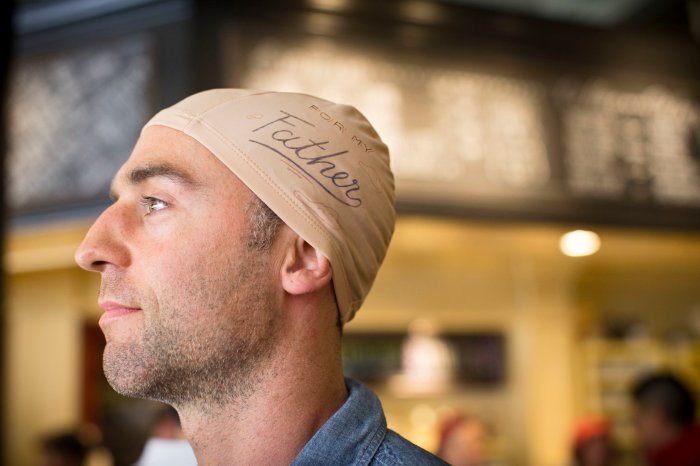FDA approves anti-nausea drug for chemo patients
This Week in Health: FDA approves anti-nausea drug for chemo patients

iStock
Results: The U.S. Food and Drug Administration is green lighting a new drug designed to quell chemo-induced nausea and vomiting (CINV). For many people battling cancer, CINV goes hand in hand with chemo. Unfortunately, halting treatment isn’t an option. The new drug, called Varubi (rolapitant), may help patients sidestep this common and dangerous side effect.
Significance: If left untreated, CINV can lead to unintended weight loss, dehydration and more—things that can be particularly hazardous for cancer patients. According to the FDA, nausea and vomiting can go on for days after chemo has been administered. (Delayed phase nausea is when symptoms occur anywhere from 24 hours to 120 hours after treatment.) “Varubi has a long plasma half-life of approximately seven days, allowing for protection from delayed CINV during the entire at-risk period with a single dose,” a rep from Tesaro, Inc., which markets the drug, tells ZipTrials.
Location of study: U.S.
Results:Researchers from the University of Colorado, Boulder say that daily vitamin C supplements may improve health in much the same way that regular exercise does.“Vitamin C doesn’t benefit the heart, but rather vascular health,” says Caitlin Dow, Ph.D., a postdoctoral research fellow at the University of Colorado, Boulder. The details come back to a protein called endothelin-1, which causes constriction of the blood vessels. Researchers note that overweight and obese people demonstrate elevated activity of this protein.
Significance: According to researchers, vitamin C may be as effective as exercise at reducing endothelin-1 system activity. If exercise isn’t an option because of an injury or other reason, Dow says that vitamin C could be a cost-effective lifestyle strategy. “However, regular aerobic activity is still the gold standard for influencing cardiovascular risk, and that is what we continue to recommend for people who are able to exercise,” she says.
Location of study: U.K.
Study subjects: 34 men over the age of 65
Results:For people with weak hips, hopping on one foot for only two minutes a day could significantly improve bone health. The findings, which come from a recent study out of Loughborough University, point to a potential new way to reduce bone fracture risk. For the study, daily hopping exercises performed for one year were found to increase bone mass by up to 7 percent.
Significance: Improvements were also found in parts of the hip that are most vulnerable to fracture in the event of a fall. What’s more is that these improvements were visually clear on CT scans. Researchers add that hip benefits were comparable to the effects of osteoporosis drugs.
Content provided by ZipTrials, a trusted source for the most up-to-date medical news and trending health stories.






















